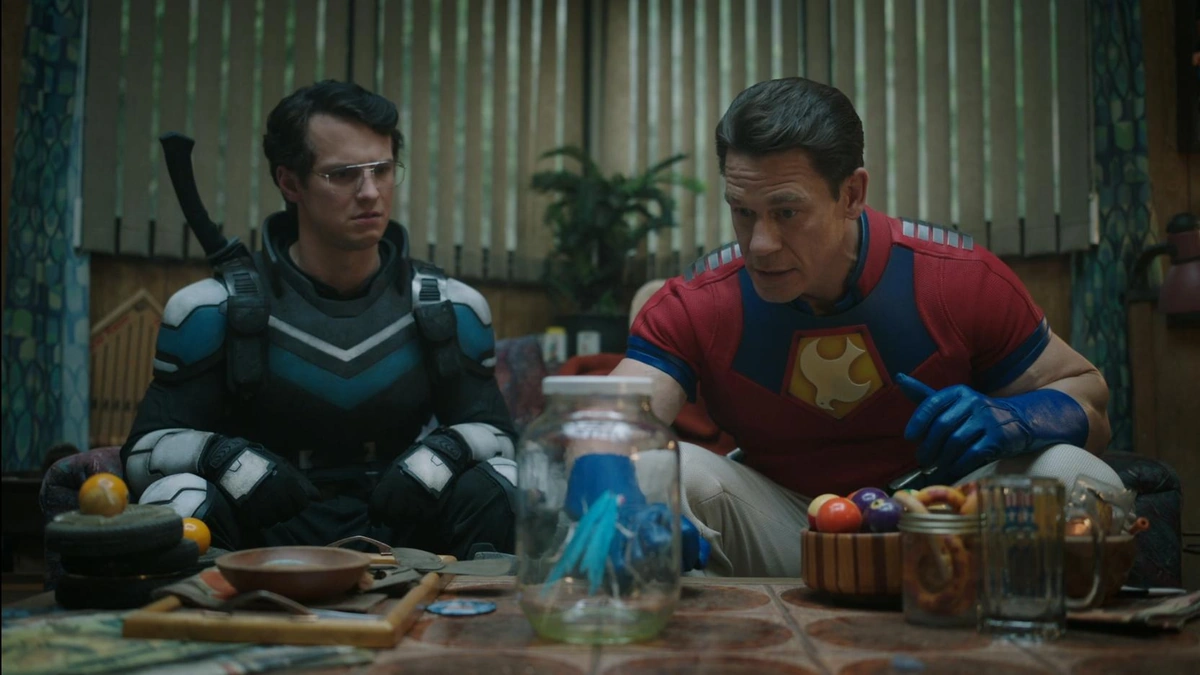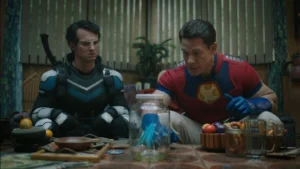Bruce Willis | More Than Just Die Hard – A Look Beyond the Headlines
Bruce Willis. The name conjures up images of explosions, one-liners, and a certain bald-headed hero taking down terrorists in his bare feet. But there’s so much more to the story than just Die Hard . What fascinates me is the human being behind the action star, a man now facing an incredibly challenging chapter in his life. This isn’t just about reporting news; it’s about understanding what it all means, not just for him, but for all of us.
The Diagnosis | Understanding Aphasia and Frontotemporal Dementia

Let’s be honest, when the news broke about Bruce Willis’s aphasia diagnosis, many of us were scrambling for Google. Aphasia, for those unfamiliar, is a language disorder that affects the ability to communicate. It can impact speech, writing, and comprehension. But the story didn’t end there. The family later shared a more specific diagnosis: frontotemporal dementia (FTD). This is where things get even more complex – and frankly, heartbreaking.
Frontotemporal dementia isn’t like Alzheimer’s, though both fall under the umbrella of dementia. Alzheimer’s primarily affects memory, while FTD impacts personality, behavior, and language. Imagine the frustration, the inner turmoil, of a man known for his quick wit and commanding presence slowly losing the ability to express himself. That’s the reality of FTD. And understanding this difference is crucial to understanding what Bruce Willis and his family are going through. It’s not just about memory loss; it’s a profound shift in who a person is. As reported by the Mayo Clinic , FTD presents unique challenges that require specific care and support.
The Impact on Family and Career
This is where the story hits home. It’s easy to see Bruce Willis as a larger-than-life figure, untouchable even. But this diagnosis reminds us that even our heroes are vulnerable. The impact on his family – his wife Emma Heming Willis, his children – is immense. They’ve stepped into the role of caregivers, advocates, and unwavering sources of love and support. And that, frankly, takes incredible strength.
His acting career, of course, had to take a backseat. The man who delivered iconic performances in films like Pulp Fiction and The Sixth Sense is now facing a reality where remembering lines and portraying complex emotions is increasingly difficult. It’s a tough pill to swallow, not just for him, but for his fans worldwide. But, it is important to remember his outstanding body of work. He gave audiences worldwide many hours of entertainment, like in The Conjuring . And that is the best way to remember Bruce Willis.
The Importance of Awareness and Support
But, and this is a big but, there’s a silver lining here. Bruce Willis’s diagnosis has brought much-needed attention to FTD. It’s a relatively rare form of dementia, often misdiagnosed or overlooked. By sharing their story, the Willis family is raising awareness, reducing stigma, and inspiring others to learn more and offer support. That’s a powerful legacy in itself.
What fascinates me is how this situation highlights the importance of early diagnosis and access to specialized care. FTD can be challenging to diagnose, and there’s currently no cure. But with early detection and appropriate support, individuals and families can navigate the challenges and maintain a quality of life. Organizations like The Association for Frontotemporal Degeneration (AFTD) offer invaluable resources and support networks.
Beyond the Action Hero | A Legacy of Resilience
Here’s the thing: Bruce Willis’s story isn’t just about illness; it’s about resilience. It’s about facing adversity with courage and grace. It’s about the power of family and the importance of human connection. Even as he battles FTD, his spirit shines through. He’s still present, still engaged, still finding joy in everyday moments.
And that’s the Bruce Willis we should remember. Not just the action hero, but the man, the father, the husband, the fighter. His story is a reminder that life is precious, that every moment counts, and that even in the face of unimaginable challenges, hope and love can prevail. The outpouring of support and admiration from fans and fellow actors demonstrates the profound impact he has had on the world. His filmography , his humor, and his persona, is what we all should remember. Also, like Joy Crizildaa , who also makes the most of her life, Bruce is an inspiration. You can read about her here: Joy Crizildaa .
FAQ | Understanding Bruce Willis’s Condition and FTD
What exactly is frontotemporal dementia (FTD)?
FTD is a group of brain disorders that primarily affect the frontal and temporal lobes of the brain. This can lead to changes in personality, behavior, language, and movement.
How is FTD different from Alzheimer’s disease?
While both are forms of dementia, Alzheimer’s primarily affects memory, while FTD more significantly impacts personality, behavior, and language skills.
What are the early symptoms of FTD?
Early symptoms can vary but often include changes in personality, such as increased impulsivity, apathy, or social withdrawal. Language difficulties, like trouble finding words, are also common.
Is there a cure for FTD?
Unfortunately, there is currently no cure for FTD. However, treatments and therapies can help manage symptoms and improve quality of life.
Where can I find more information and support for FTD?
The Association for Frontotemporal Degeneration (AFTD) is a great resource for information, support, and research updates.













